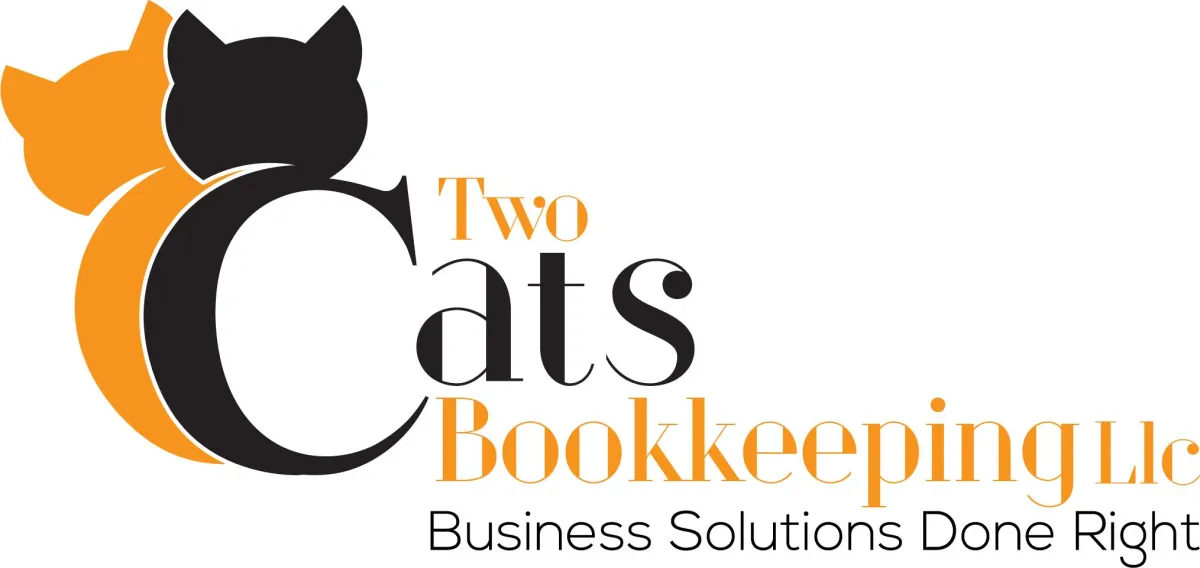Cat-egorically Clear Books
Running a service-based business means wearing many hats—but bookkeeper doesn't have to be the one that makes you want to hide under the desk like a scaredy-cat. Cat-egorically Clear Books is where St. Petersburg small business owners (and beyond!) come to get their paws on practical, judgment-free bookkeeping guidance. From QuickBooks tutorials that won't make you hiss in frustration to tax prep tips that are the cat's meow, we're making financial management clearer—no kitten around. Consider this your purr-fect resource for taming those wild finances, one post at a time.

Five bookkeeping tips for small business owners

As a small business owner, mastering the art of bookkeeping is not just an option but a necessity for the financial health and success of your enterprise. Effective bookkeeping practices ensure that your finances are accurate, up-to-date, and comprehensively organized, allowing for better decision-making and strategic planning. Below are five essential bookkeeping tips to help you maintain order in your business finances.
1. Income and Expense Tracking
Implement a reliable system for tracking all income and expenses. This will give you a clear picture of your financial performance and help in budgeting and forecasting. Utilize bookkeeping software or apps that can aid in categorizing and analyzing your financial data efficiently.2
2. Stop Commingling Funds
It is imperative to maintain a clear separation between your personal and business finances. Commingling can lead to tax complications and make it difficult to track the profitability of your business. Open a business bank account and use it exclusively for business transactions to ensure that every financial activity is accounted for accurately.
3. Diligent Documentation
Keeping thorough records of every financial transaction is crucial. Document receipts, invoices, and all forms of financial exchanges. This documentation will be invaluable for tax purposes, potential audits, and financial analysis. It also helps in creating a trail that can be followed for any necessary financial reconstruction.
4. Regular Reconciliation
Make it a habit to regularly reconcile your business accounts with bank statements. This process helps in catching discrepancies, preventing fraud, and ensuring that your records match the actual bank transactions. Monthly reconciliation is recommended to keep a tight check on your cash flow.
5. Hire a Professional
While many small business owners take on bookkeeping themselves, there comes a point when hiring a professional may be more beneficial. A skilled bookkeeper or accountant can save you time, help avoid costly errors, and provide valuable financial advice that can help grow your business.
By adhering to these bookkeeping tips, small business owners can achieve a greater sense of financial control and peace of mind. Remember, the backbone of a successful business lies in its ability to manage finances with precision and foresight.


FOLLOW US
COMPANY
LEGAL
Copyright 2025 Two Cats Bookkeeping, LLC. All Rights Reserved.

